About Department
Department of Forestry, Dr. Panjabrao Deshmukh Krishi Vidyapeeth, Akola has a fairly long history and has the distinction of being the first in starting B.Sc. Forestry degree programme in Maharashtra state. To cater the need of future research based forestry development and demand of specialized technical personnel of this region, four year forestry degree programme has been started in this University from 1985-86 with the assistance of Indian Council of Agricultural Research (ICAR), New Delhi. The B.Sc. Forestry degree programme was started in 14 State Agricultural Universities in the country.
The objective of the forestry degree programme is to cater need of future research based demands of especially technical personnel. It is an apt decision since more than 50 per cent of the forest area of the state falls in the Vidarbha region. B.Sc (Forestry) degree programme was started in Dr. Panjabrao Deshmukh Krishi Vidyapeeth, Akola by establishing the Department of Forestry under the faculty of Agriculture in the year 1985-86 with the assistance of Indian Council of Agriculture Research, New Delhi with an intake capacity of 20 students per year.
Under USAID programme five faculty members of Department of Forestry, Dr. Panjabrao Deshmukh Krishi Vidyapeeth, Akola from Agriculture discipline were trained to teach various courses in forestry. In addition to this, services of retired Conservator of Forest were utilized to teach the specialized forestry courses.
The year 1989 happened to be very significant in the history of the department because during this year first batch of students received the degree of forestry.
The department is imparting Education, conducting Research and Extension activities in the forestry and also plays an important role in human recourse development in forestry sector.
Academic Programmes
The prime mandate of this department is to educate and to create qualified human resource catering the needs of the Forestry development in the state with the vision to become a pace setting centre of excellence believe in three universal values viz. Synergy, Trust and Passion with zeal to serve the Nation in the global scenario.
Our mission is to dedicate ourselves to the highest standard of Education and Research in core and emerging forester and strive for overall personality development of students so as to nurture not only quiet essential technocrats but also responsible citizens.
The department has been accredited by Indian Council of Agricultural Research, New Delhi and Indian Council of Forestry Research and Education, Dehradun in the year 2007-08 and 2009-10.
The department offers master degree in Forestry. The department also holds training for farmers, publish articles in daily news papers and publish bulletins.
The Academic staff is acting as an Advisory Committee Chairman / members of various students in Post Graduate Degree Programme at Department of Forestry.
Degree Offered
The Department of Forestry conduct Post graduate degree programme leading to M.Sc Forestry degree in the following disciplines with an intake capacity of 14 students per year since 2008-09. The disciplines in which M.Sc Forestry degree offered are as follows.
| Sr. No. | Subject | Present Intake Capacity | |
| M.sc | Ph.D. | ||
| 1 | Silviculture & Agro-Forestry | 03 | – |
| 2 | Forest Biology & Tree Improvement | 03 | – |
| 3 | Batural Resource Management | 03 | – |
| 4 | Forest Product & Utilisation | 05 | – |
| Total | 14 | – | |
|
Broad Subject Matter Areas
|
PG Degree Course
|
Degree Nomenclatures
|
|---|---|---|
|
Forestry
|
Wood Science & Technology |
M.Sc. Forestry
(Wood Science & Technology) |
| Medicinal & Aromatic Plants |
M.Sc. Forestry
(Medicinal & Aromatic Plants) |
|
| Agro forestry |
M.Sc. Forestry
(Agro forestry) |
|
| Plantation Technology |
M.Sc. Forestry
(Plantation Technology) |
|
| Forest Biotechnology |
M.Sc. Forestry
(Forest Biotechnology) |
|
| Forest Genetic Resources |
M.Sc. Forestry
(Forest Genetic Resources) |
|
| Watershed Management |
M.Sc. Forestry
(Watershed Management) |
|
| Eco- Tourism |
M.Sc. Forestry
(Eco- Tourism) |
|
| Environmental Management |
M.Sc. Forestry
(Environmental Management) |
|
| Forest Business Management |
M.Sc. Forestry
(Forest Business Management) |
Infrastructure Facilities
Specialized Laboratories/ Facilities
The department has developed good laboratories/ facilities for imparting teaching like
- Mist chamber
- Mini computer center
- Nursery
- Wood working workshop
Sophisticated Equipments
In addition to the common equipments the laboratories are equipped with sophisticated equipments like
- BOD incubator
- Centrifuge
- Global Positioning System (GPS)
- LCD Projector
- Wood working machines
- Laminar Air flow.
- Hot Press
- Boiler
- Wood Grinder/ Pulvinizer
- Wood Strength Testing Machine
- Field and tracking equipments
- Trent and camping equipments
- Kjeldal unit
- Laptop
- Colored printer
- Digital camera
- Scanner
- Photostat machine
- FAX machine
- EPBX unit
- Charcoal unit
- Bamboo treatment kit
Teaching Aids available at Department of Forestry
|
Sr. No. |
Particulars |
Nos. |
|---|---|---|
|
1. |
Interactive pad |
01 |
|
2. |
Computers |
13 |
|
3. |
LapTop |
05 |
|
4. |
LCD Projector |
02 |
|
5. |
OHP Projector |
02 |
|
6. |
DVD Player |
01 |
|
7. |
Audio system (PRA System) |
01 |
|
8. |
Television |
01 |
|
9. |
Digital camera |
02 |
|
10. |
Global Positioning System (GPS) |
02 |
|
11. |
FAX Machine |
01 |
In the computer laboratory of department, facilities for conducting Practical are available and also INTERNET facilities are available for staff and students.
The infrastructural facilities available for imparting teaching and practical for the student are as given below.
Infrastructural Facilities: The infrastructural facilities like building, classroom, mini bus etc. is given as below:
|
Sr. No.
|
Facilities
|
Nos.
|
|---|---|---|
|
1.
|
Building |
01
|
|
2.
|
Class Rooms |
04
|
|
3.
|
Laboratory |
02
|
|
4.
|
Computer laboratory |
01
|
|
5.
|
Wood working workshop |
01
|
|
6.
|
Boys Hostel (Forestry Hostel) |
01
|
|
7.
|
Girls Hostel (Common with Agril. Girls) |
01
|
|
8.
|
Land / Field |
40.00 ha.
|
Farm Land
Department is in possession of total area 40.0 ha of land. Out of which 2.6 ha land comprises department building and plantation around it and 2.00 ha of block plantation of timber species, 5.00 ha of Simaruba glauca plantation and 15.00 ha comprises research experiments field. The university area under agency trial on 15.00 ha. Further 300 ha of Jatropha curcas plantation has been under taken by the Department of Forestry under agency trial.
To meet the irrigation facilities and drinking water, two bore wells with submersible pump are available. The tractor and other implements are made available by Central Research Station, Dr. P.D.K.V, Akola as and when required.
Mandates
The prime mandate of the department is to develop human resource in the field of forestry, to conduct research for development of new techniques for forestry and agro-forestry and to disseminate research findings to the farming community of the region.
Goals
- To create an ambient atmosphere and intellectual skill in the area of forestry and allied field.
- To impart technical base and to develop man powers for supporting the state and country in the field of forestry.
Objectives
- To cater the need of future research based forestry development and fulfill demand of the specialized technical personnel of this region.
- To provide scientific manpower for afforestation of wasteland.
- To undertake the basic research in the field of forestry.
Research Activities/Achievements
The Department of Forestry, Dr. P.D.K.V., Akola falls in the agro-ecological Western Vidharba zone (Semiarid Lava Platue and Central high lands). The activities of research and extension are based on the needs of the farmers, state forest department, forest based industries, funding agencies and other end users. The research and extension activities are carried out by the faculty members and students of this department.
The research programme undertaken by the staff members of the Department of Forestry are discussed in the research planning meeting of Horticulture, Forestry and Medicinal & Aromatic Plants of Annual Research Review Committee headed by the Director of Research of the University. The research recommendations are finalized in Joint Agriculture Research Committee before recommendations are made available to the end users. The Ad-hoc research project funded by National Oilseeds and Vegetable Oils Development Board (NOVOD) and State Forest Department, Government of Maharashtra are also taken-up for research and training programme.
At present The Department of Forestry have following adhoc externally funded research project.
|
Sr. No.
|
Staff | Title of Project |
Project Cost (Rs. in lakhs)
|
|---|---|---|---|
|
1. |
Dr. N.K. Kapse (PI) Dr. A.U. Nimkar (Co-PI) |
Study of forest invasive weeds, inventorisation and eradication trials in forest area funded by State Forest Department. |
6.00 |
|
2. |
Sh. S.W. Choudhari (PI) Sh. H.K. Deshmukh (Co-PI) Sh. V.B. Shambharkar (Co-PI) |
Germplasm collection of Mahua and Simarouba in Vidharba region and standardization of vegetative propagation technique and establishment of demonstration plot of Simarouba funded by NOVOD board. |
9.012 |
|
3. |
Sh. H.K. Deshmukh (PI) Sh. A.J. Deshmukh (Co-PI) |
National networking on integrated development of Jatropha and Karanja funded by NOVOD, board. |
16.67 |
|
4. |
Sh. H.K. Deshmukh (PI) Dr. N.K. Kapse (Co-PI) Sh. A.J. Deshmukh (Co-PI) |
Tree borne oilseeds based technology transfer through training intervention funded by NOVOD board. |
1.80 |
Apart from the externally funded research project, the following project are funded by University.
|
Sr. No.
|
Staff | Title of Project |
Project Cost (Rs. in lakhs)
|
|---|---|---|---|
|
1.
|
Prof. Y.B. Taide (PI) Dr. V.P. Mane (Co-PI) Sh. H.K. Deshmukh (Co-PI) |
Study of calorific value of charcoal prepared from tree waste (New) |
—
|
|
2.
|
Dr.A.U.Nimkar (PI) Dr.V.P.Mane Co-PI Sh.S.M.Khachne (Co-PI) |
Preparation of particle board from tree waste (New) |
—
|
All India Coordinated Research Programme on Agroforestry
All India Co-ordinated Research Project on Agroforestry (AICRP on Agroforestry) is one of the co-ordinating centre of ICAR. The implementation of this project at College of Agriculture, Nagpur under Dr. Panjabrao Deshmukh Krishi Vidyapeeth, Akola (M.S.) started in February1991. The project was sanctioned on 75:25 basis to be shared by ICAR and State Government respectively. The project was initiated with the objectives of popularization of Agroforestry in the region. The futala developmental unit have been merged in AICRP on agroforestry and the reorganized unit is renamed as Agroforestry Research Farm, College of Agriculture, Nagpur
Mandate
- Diagnostic Survey and appraisal of existing farming systems and
Agroforestry practices. - Research related to basic and applied aspects including development of appropriate methodologies for Agroforestry Systems.
- To develop various Agroforestry systems.
Objectives
- Collection, screening and selection of promising germplasm indigenous as well as exotic species from different ecological regions.
- Developing different Agri-silvicultural, Agri- horticultural and Silvipastoral technique acceptable to local population.
- Developing sequential systems of inter cropping.
- Evolving the economics of different Agroforestry systems and establishing it’s co-relation with management Viz. conservation,development and utilization.
List of experiments
- Performance and evaluation ofdifferent MPTS under Agri-Silviculture.
- Studies on integrated nutrient management of Teak.
- Compatibility studies of different trees and crops.
- Preparation of vermicompost using biomass from Teak based Agroforestry system.
- Studies on organic manuring in Jatropha curcas.
- Effect of pruning on Jatropha curcas
- Field evaluation trial of teak
- Studies on irrigation requirement of Teak
- Effect of contour trenching on in-situ water conservation and growth of crops in hortipastoral system.
- To study the effect of conservation practices and felling intensity on production of Bamboo.
- Standardization of vegetative Propogation Techniques in Bamboo(D.strictus)
- Evaluation of crops for intercropping in bamboo based Agri-silviculture system.
- Standardization of technique for developingtall seedling of teak
- Development of quality planting material of Bamboo (D.strictus)
Extension Activities and Achievement
In addition to teaching, the teachers of department have rendered advisory services to farmers, tree growers, State Forest Department and NGO’s by visiting their fields and answering quarries raised by them through mail /post. The teachers of this College are also actively involved in dissemination of research information through extension literature, radio talks, and TV programmes.
Bulletins regarding cultivation of forest tree species etc. are published regularly. Popular article are regularly published in Daily News Paper, Weekly Newsletters and in Magazines. Radio and Television talks are regular features of extension activities. Farmer’s quarries are answered face to face through Krishi Melawa, Krishi Charcha Satra, Krishi Din and Shivar Pheri, Farmers meet, Training Programme and by postal correspondence.
Achievements
The students gain enough knowledge and first hand experience of nursery and forestry plantation, water shed management, Joint Forest management, Farm Forestry, Tribal, co-operative societies, plywood processing, vermi-composting, forest based industry and other related activities.
On the whole the programme is able to inculcate in the students the required confidence and competence to work independently as an entrepreneur and acquired practical experience and skill.
Research Recommendations (Approved in AGRESCO)
|
1.
|
Experiment on studies on effect of fertilizer levels on production of bamboo, it was revealed that at the age of thirteen years maximum number of bamboo culms per clump (118.47) were harvested in three harvesting with application of 50 kg Nitrogen/ha.The benefit cost ratio was maximum (1.69) for nitrogen level N1 (50 kg Nitrogen/ha). Recommendation: – Application of fifty kg nitrogen/ha is recommended for maximum production of bamboo. |
|
2.
|
Experiment conducted on compatibility of trees and crops it was revealed that at the age of twelve years, Teak (Tectona grandis) was found significantly superior in respect of height (11.17m) over Shivan( Gmelina arborea) planted at spacing 8 X 2m. Teak has attained maximum DBH (15.81 cm) under spacing 8 X 2m. Reduction in yield of black gram under teak at spacing (8 X 2m) was found 47.24 % over sole crop. The timber volume of Teak was estimated to be 7.361 cubic meter/hactare . The economics of this system worked out for the period of thirteen years revealed that maximum B:C ratio 1:2 .96 was obtained from Teak and black gram based agroforestry system. Recommendation: In Teak and black gram based agroforestry system, planting of teak at 8X 2m spacing is recommended. |
|
3.
|
In an experiment on selection of multipurpose tree species for agroforestry it was found that Maharukh (Ailanthus excelsa ) has attained significantly superior height (7.63m.) and DBH (16.91cm.) among four tree species. Recommendation:- |
|
4.
|
In a study on the evaluation of teak clones, teak clones PDKV/AF/1and PDKV/AF/2 attained significantly superior in respect of height (9.97 m) and DBH (12.61cm) over local clone. Teak clone PDKV/AF/1 and PDKV/AF/2 were found at per with each other. Recommendation: – Teak clone NC-21 and NE are recommended for cultivation in agroforestry. |
|
5.
|
Evaluation of germplasm of bamboo planted in 1997-98 observed that Bambusa arundaenecia has produced highest no of bamboos with maximum usable length (12.12 m) and maximum number of new culm (9.5) per year followed by Phylostachys aurea and Bambusa polymerizha.
|
|
6.
|
In a study of evaluation of field performance of tissue culture raised bamboo it was found that height, dbh and number of new culms were found more in tissue culture raised bamboo than that of seed raised bamboo.
|
|
7.
|
In an experiment on evaluation of composting from leaf litter of teak and bamboo using cowdung slurry and Tricoderma viridi as decomposing agent, it was found that teak leaf litter produces better compost than bamboo leaf litter when treated with 10% cowdung slurry and Tricoderma viridi culture @ 1 kg/t. The decomposition of teak leaf litter was found faster than bamboo leaf litter.
|
|
8.
|
In an experiment on effect of seed colour, seed weight and media on the germination of moha (Madhuca latifolia) it was observed that effect of seed colour was non significant. Maximum germination (74 %) was observed under treatment of bold seed (Wt.6.28 gm/seed). Effect of media was found significant with maximum germination (67.78 %) observed under in silt media.
|
|
9.
|
Experiment conducted for monitoring performance of Soil and Water conservation structures in micro watershed observations showed that all these dams were observed stable and were able to control the erosion long the gully bed. Post monsoon observations on runoff stored at he upstream portion of the gabion dam showed storage of 151.36 to 9.71 cum for the average storage interval of 8.3 weeks during the observations for the last three years. Recommendation : |
|
10.
|
Experiment conducted on effect of establishing narrow base contour bunds along with vegetative barrier on i) moisture conservation and ii) growth of plants in Agroforestry system revealed that distance of plants from the bund 0-5 on the upper side has produced maximum wood (0.146 cum/plant) which is 106% higher compared to T8 indicated favorable effect of moisture conservation due to bunds. Economics based on 50% thinning at nine year age estimated B: C ration of the system 1: 3.25 for treated area compare to 1: 2.63 in untreated area. Reccomendation: |
|
11.
|
Experiment conducted on monitoring water table and its effect on the plants in the Agroforestry trial a)Eucalyptus b) Sissoo. Results of the studies raveled that depth of water table has influencing effect on growth of Eucalyptus and Sissoo. Significant height and DBH were attained by Sissoo plants under treatment area watertable below 40-50cm isobath and 0-60 cm isobath. Reccomendation: |
|
12.
|
Experiment conducted on compatibility of trees and crops under agrisilviculture.
Recommendation : |
Publications
Contact Information
Dr. S. S. Harne
Professor and Head
Department of Forestry
P.O. Krishi Nagar
Dr. P.D.K.V, Akola -444 104 Maharshtra, India
Email : harne_ss@yahoo.co.in
Phone No. +91 0724-2258889
Fax No. +91 0724-2258889

 December 27th, 2013
December 27th, 2013 



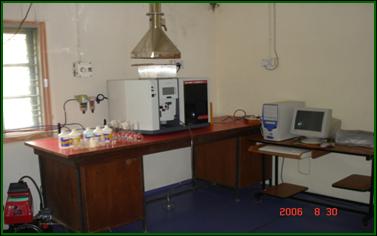



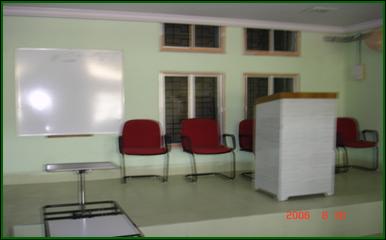
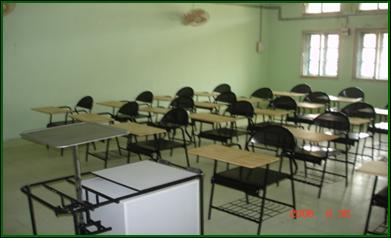
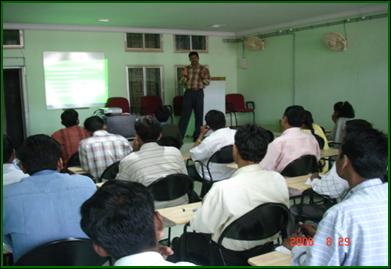

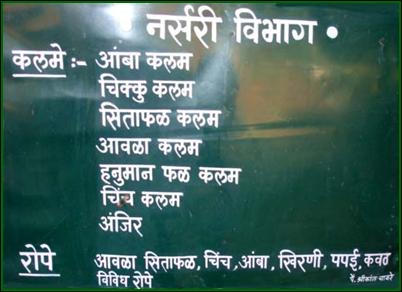
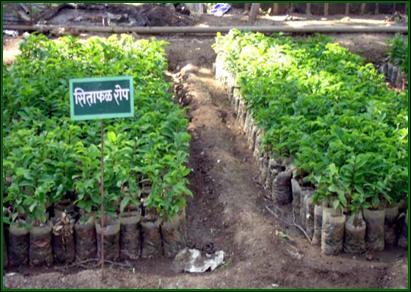

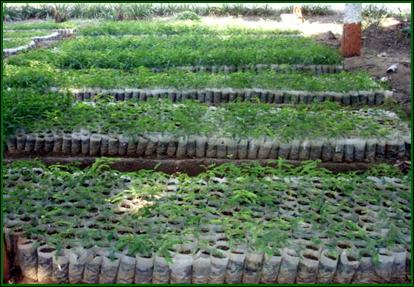
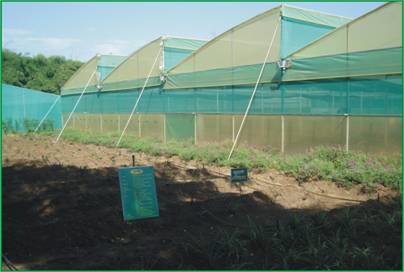
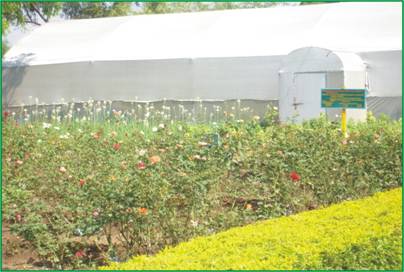

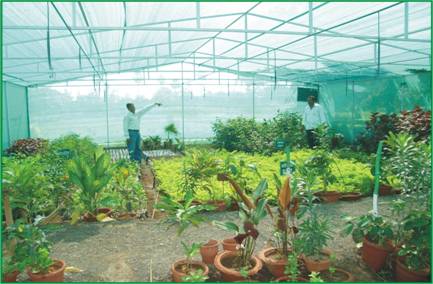

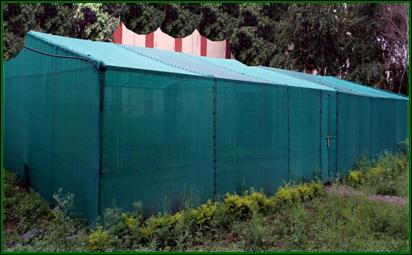
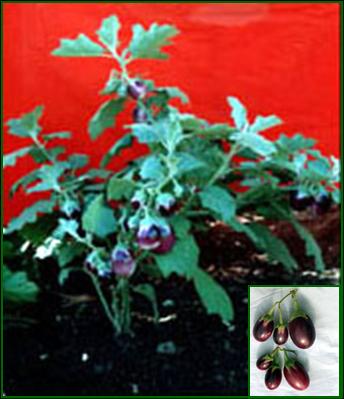
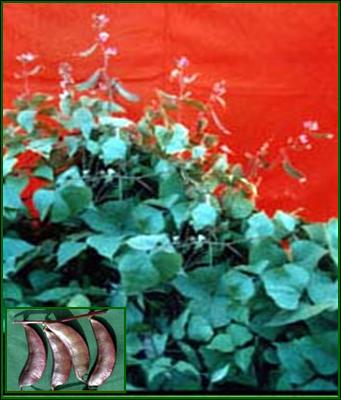
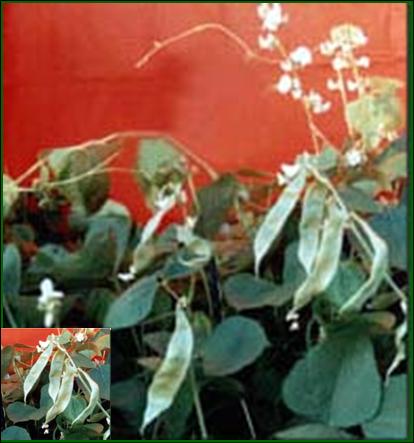
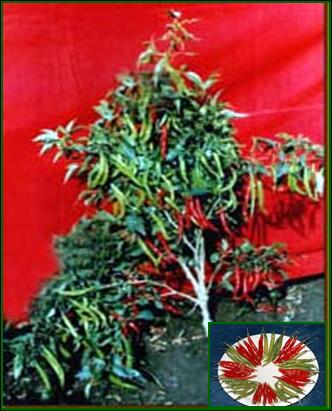

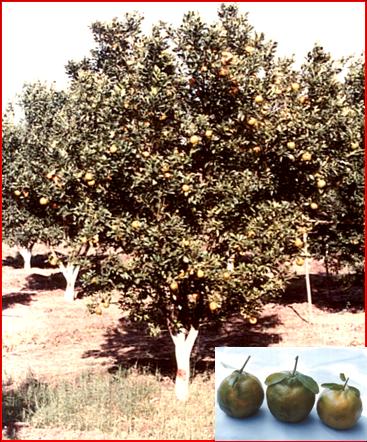
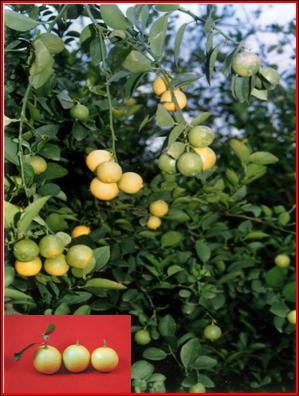
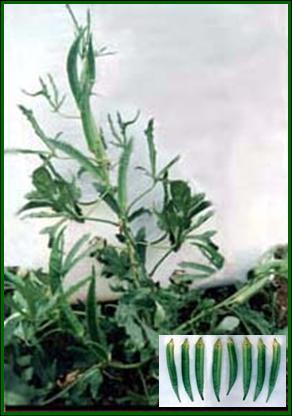
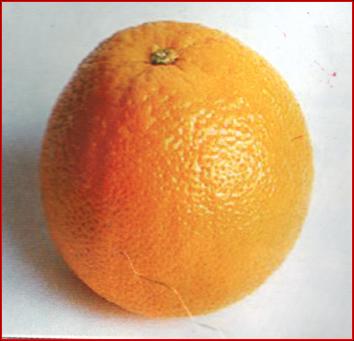






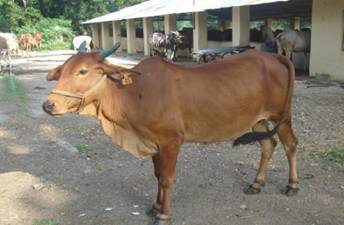
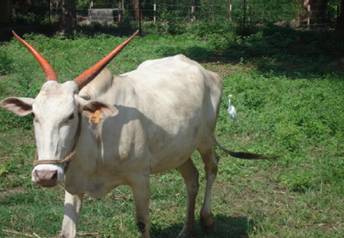

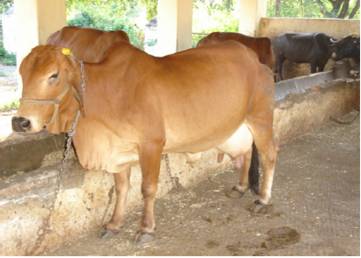






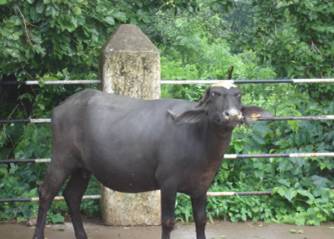

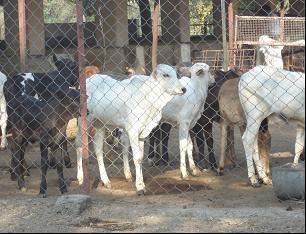

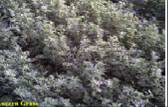



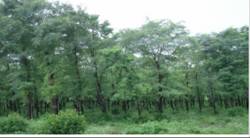


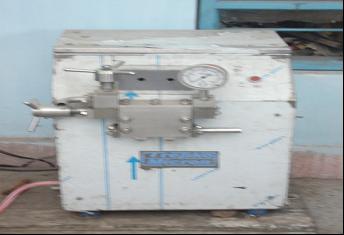
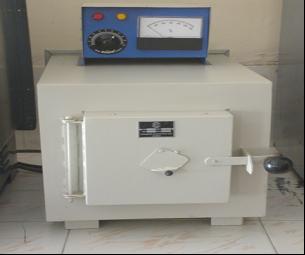


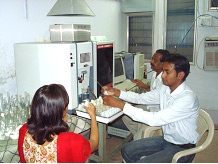
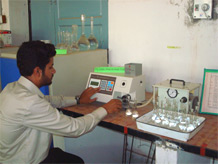

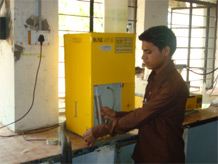
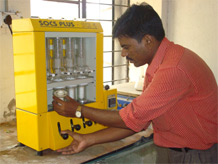
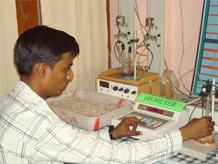
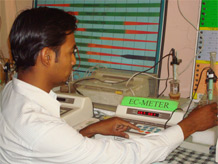
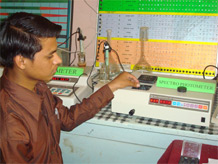
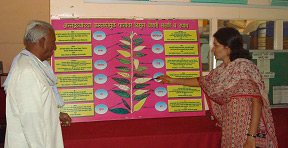
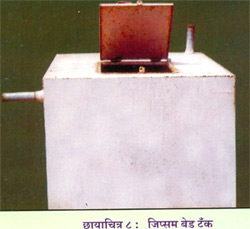
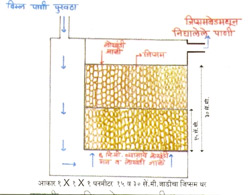

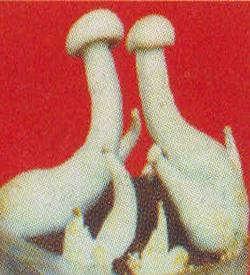
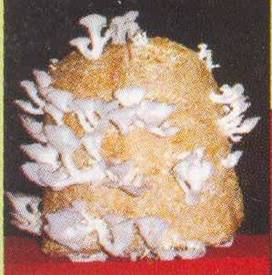


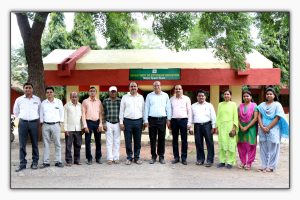
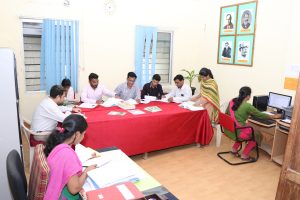
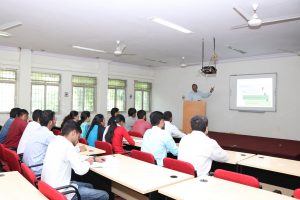
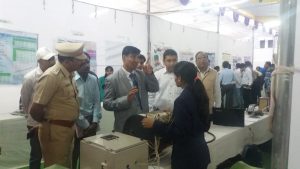
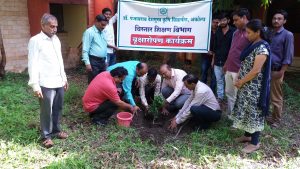
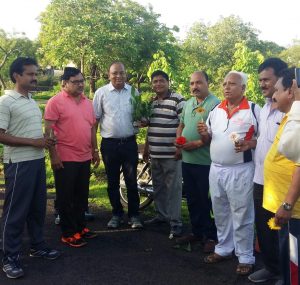
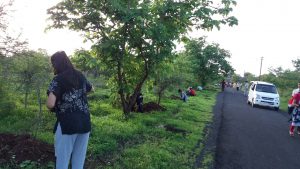
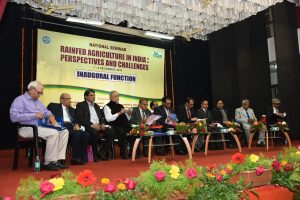
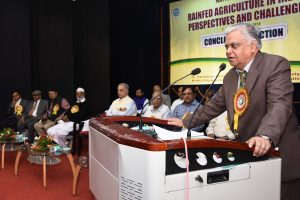
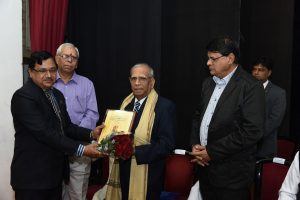
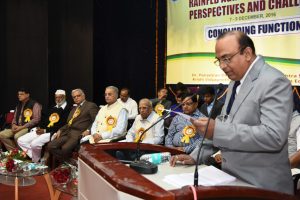
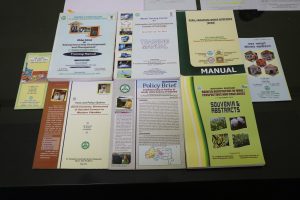

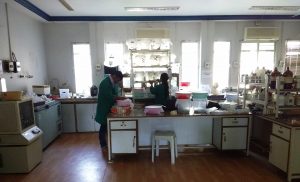

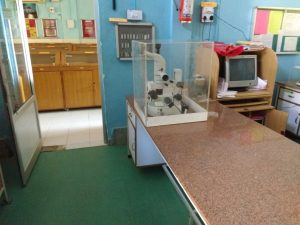

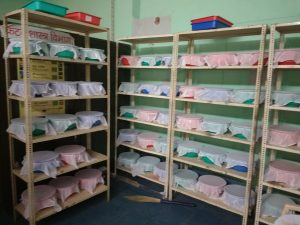


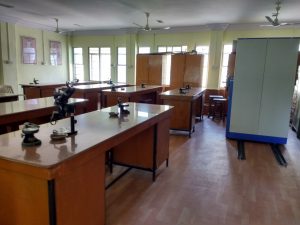
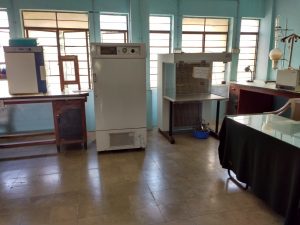
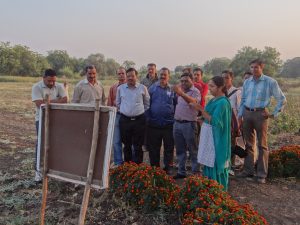

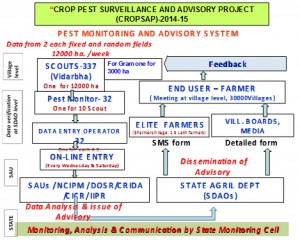
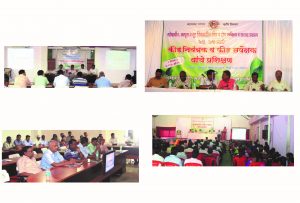

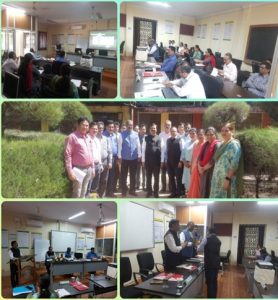
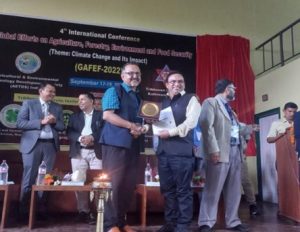
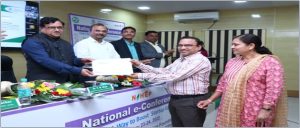

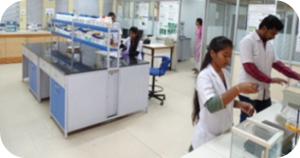

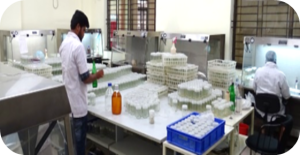
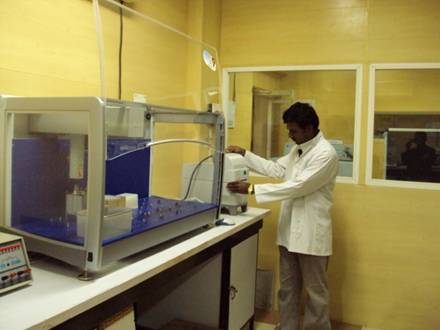
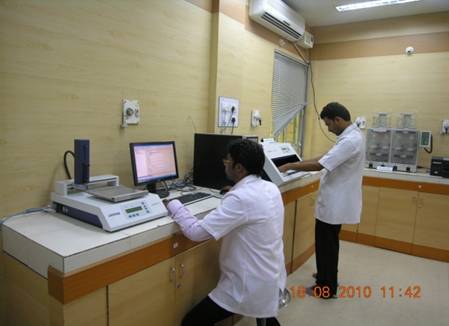

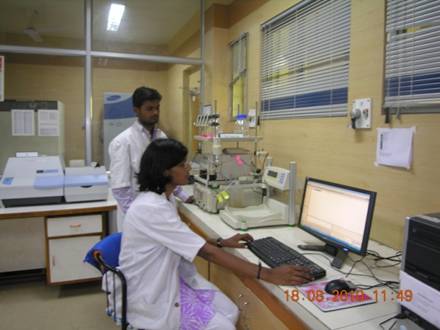


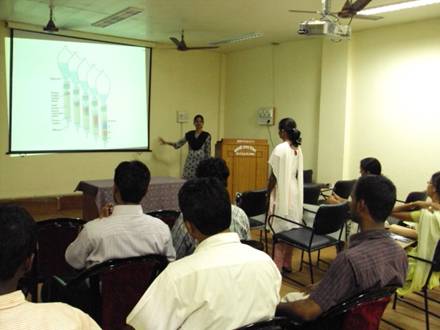
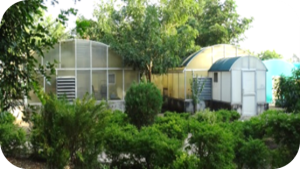
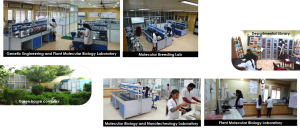
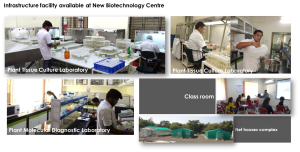


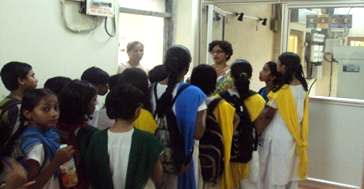


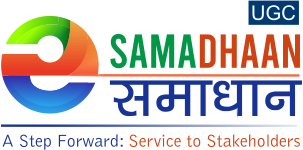
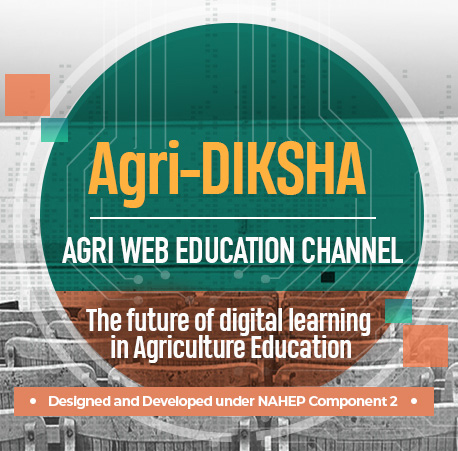

 Krishikosh Repository
Krishikosh Repository



